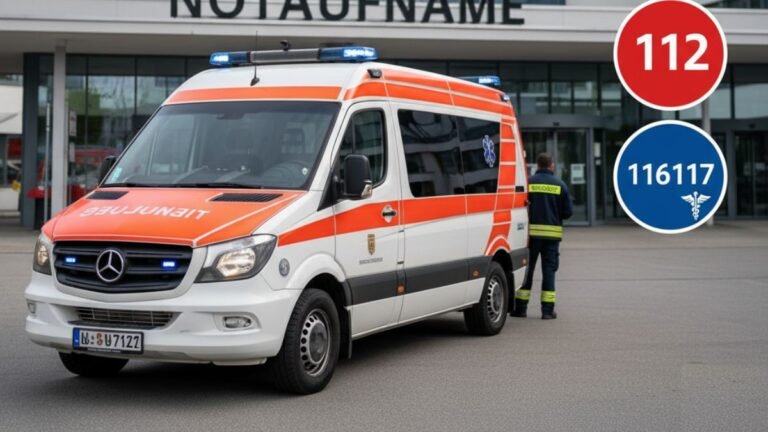Is Germany expensive as a tourist?

Germany is considered a moderately priced destination for tourists, generally more affordable than countries like Switzerland but more expensive than Eastern European nations. Your daily expenses can vary widely depending on your travel style, with budget options available.
A trip to Germany can be tailored to various budgets. For a budget-conscious traveler, daily expenses can range from $50 to $70, while a mid-range trip might cost between $100 and $150 per day.
Accommodation
Your lodging costs will be a significant part of your budget.
- Hostels A dorm bed in a hostel can cost between €25 and €40.
- Mid-range hotels Expect to pay between €90 and €250 for a basic room for two. In major cities like Berlin, a mid-range hotel can be around €70–€150 per night.
- Luxury hotels Prices for high-end hotels can start at around €220 and go up from there.
Food and Drink
Germany offers a range of dining options to fit any budget.
- A meal at an inexpensive restaurant can cost between €10 and €20.
- Street food, such as bratwurst or döner kebab, is a budget-friendly option, typically costing €3 to €6.
- A three-course meal for two people at a mid-range restaurant can cost around €30.
- A half-liter of domestic beer generally costs about €4.
Transportation
Germany has an efficient public transportation system. A one-way ticket on local transport can cost between $2 and $5. For longer stays, the Deutschland-Ticket offers unlimited travel on regional trains for €49 per month, which can be a very cost-effective option.
Cost Comparison and Considerations
Compared to other Western European countries, Germany is often more affordable. For instance, it is generally cheaper than Switzerland, France, the UK, and Scandinavian countries. However, it is more expensive than Eastern European countries like Poland and Hungary.
Be aware that prices can increase significantly during peak tourist seasons, such as summer, and during major events like Oktoberfest in Munich or Christmas markets in various cities. Costs also tend to be higher in major cities like Munich and Berlin compared to smaller towns and rural areas.
Cost-saving tips
- Accommodation: Hostels and budget hotels can cost as little as $30-$60 per night, while holiday apartments can also be economical. Booking in advance can help secure better rates.
- Food: Eat cheaply by buying ready-to-eat meals at supermarkets or trying inexpensive and high-quality Turkish or Asian eateries.
- Transportation: Book long train journeys in advance to save up to 70%. Use cheaper regional or group tickets, or consider budget-friendly inter-city buses like FlixBus for longer distances.
- Activities: Many attractions, like architecture and scenery, are free to enjoy. Budget around $100-$200 for admissions, food, and drinks for a two-week trip, depending on your spending habits.
Other factors to consider
- Time of year: Traveling during the off-season (January to March) can be cheaper, but the weather is colder. Late spring (March to May) or late autumn (October to November) are good alternatives.
- Destinations: Prices vary by city, with major cities like Munich being more expensive than smaller towns.
- Travel style: A budget trip might cost around $100-$110 per day, while a mid-range trip could be about $250 per day.
If you’re looking for more blog like Can I survive in Germany with only English? and Is $4000 a Good Salary in Germany? subscribe to join us.






